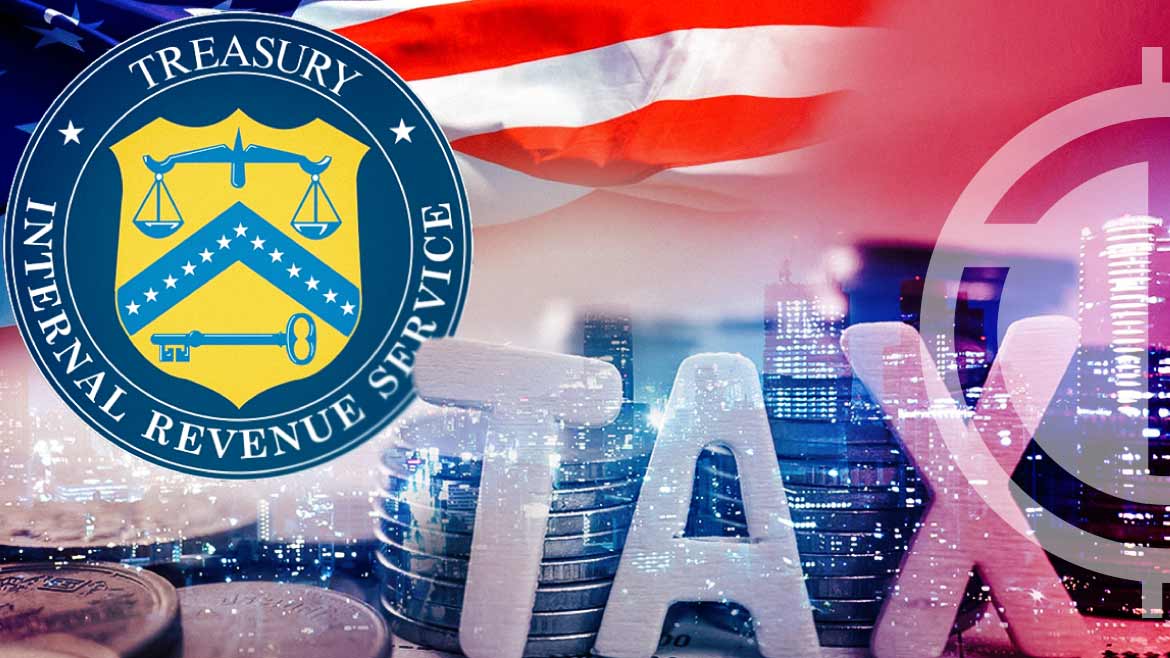- The U.S. Treasury and IRS’s proposed redefinition of “broker” could significantly impact the DeFi industry in the U.S.
- The Blockchain Association submitted a 33-page comment to the IRS, highlighting concerns over privacy and the broad scope of the rule.
- Over 124,000 public comments were received on the rule, with a recent public hearing indicating IRS’s consideration of the sector’s concerns.
The U.S. Treasury and IRS have suggested changing the definition of “broker” in federal tax laws, sparking concerns amidst the decentralized finance (DeFi) community. The Blockchain Association, a prominent crypto lobbying group, has expressed strong opposition to this proposal, arguing that it could severely impact the DeFi industry in the United States.
In a detailed 33-page comment submitted to the IRS, the Blockchain Association outlined the potential ramifications of this redefinition. The change, first proposed in late August, seeks to broaden the “broker” definition to encompass not just centralized crypto exchanges in the U.S. but also any crypto project that directly or indirectly aids in transferring digital assets. This broadened scope would encompass many DeFi protocols, subjecting them to the same reporting requirements as traditional bond and stock brokers.
Specifically, the proposed rule would extend to various parties involved in the digital asset ecosystem. This includes entities offering access to DeFi protocols, automated market maker systems, and services that help discover the best buy and sell prices. Additionally, it would cover providers of self-custodial wallets with swap functions that enable access to decentralized blockchain trading platforms and potentially even internet access services, including web browsers and Internet service providers.
Marisa Tashman Coppel, senior counsel at the Blockchain Association, stressed the significant impact of the proposed IRS rule, stating it would “drive” U.S.-based decentralized projects “abroad or out of existence.” The Association’s argument centers on DeFi’s goal to establish trustless systems with limited control over users’ financial data. The Association also raised concerns about privacy, noting that linking wallet addresses to personal identities would expose users’ transaction histories, akin to publishing a lifetime of credit card transactions online.
The IRS’s proposed rule has been open for public comment for 74 days, attracting over 124,000 comments. A public hearing was held earlier today, where IRS regulators engaged in a dialogue that suggested a serious consideration of the concerns raised about decentralized tech, NFTs, and stablecoins. Coppel, who spoke at the hearing, expressed cautious optimism about the outcome.
Amidst this backdrop, the IRS is exploring the implementation of a free software service for taxpayers, similar to the Direct File pilot program. This initiative could leverage public blockchain data to assist taxpayers with DeFi-related tax reporting, thereby alleviating the need for DeFi protocols to collect personal user data for IRS reporting.






